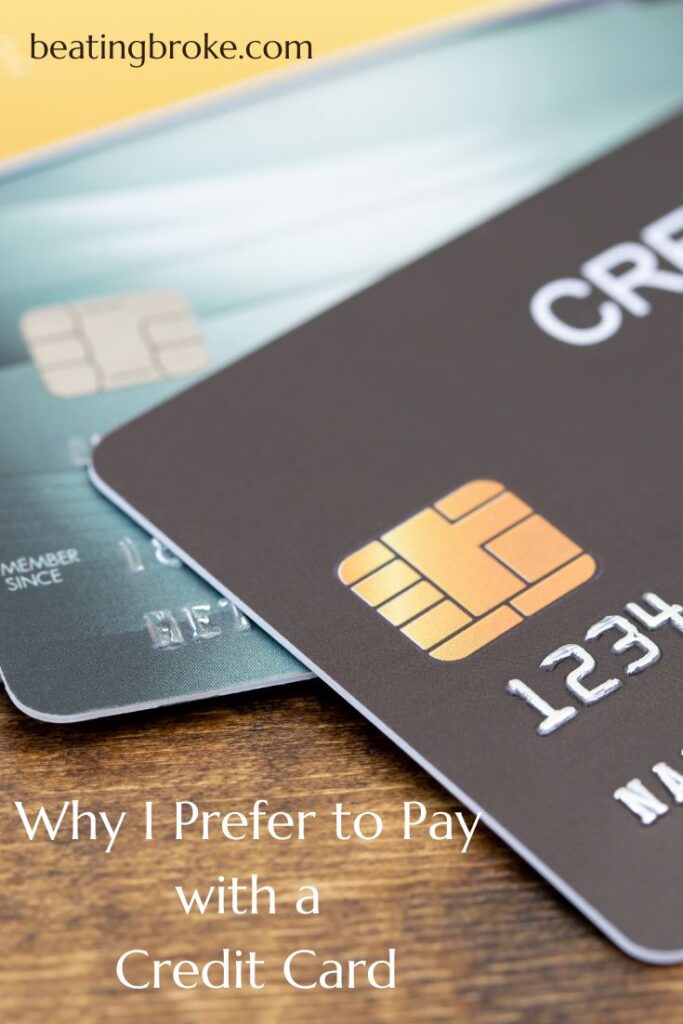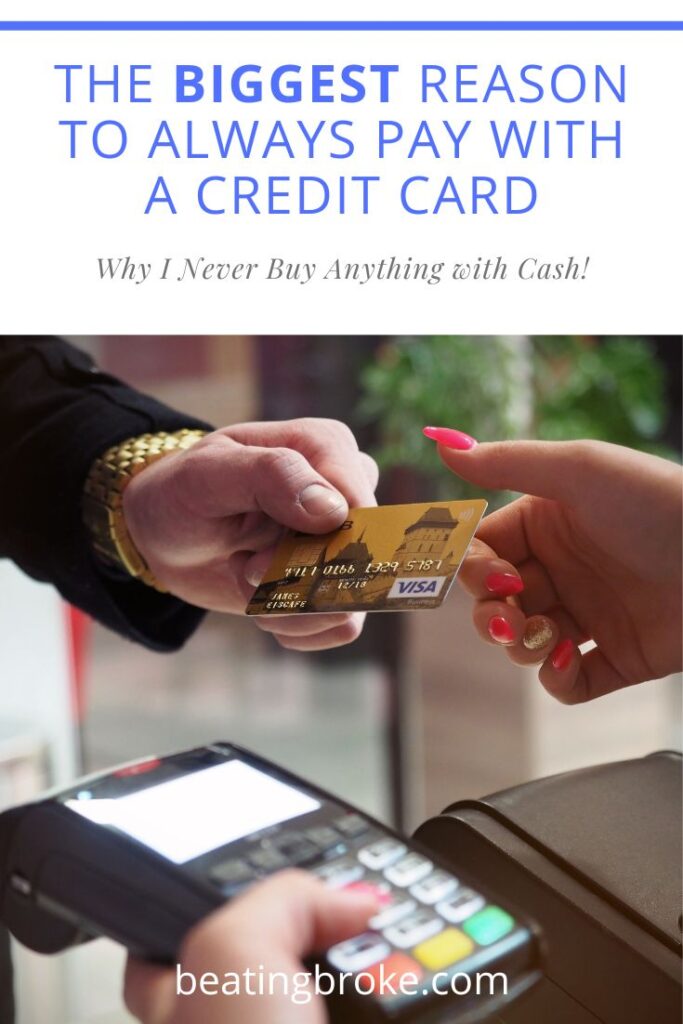Dear Dave,
I think my mother-in-law has a serious credit card problem. She can’t afford stuff, but she shops anyway, chalks up more and more debt, acquires more credit cards, and thinks she’ll pay for it all later somehow. Her ex-husband has bailed her out a few times, but he’s unwilling to help anymore. My wife and I, and my wife’s sister, want to address this issue, but we’re all worried about her reaction, and we don’t know where to start. Do you have any advice?
Randall
Dear Randall,
First, everyone involved should understand they’re likely to receive an angry response from this lady if she’s confronted over her actions. Sometimes people get ticked off when they hear the truth, especially when it’s connected to their own misbehavior. It may even be a good idea for your wife and her sister to get some advice from a family counselor beforehand. Really, what we’re talking about here is an intervention.
Also, you need to stay out of the discussion. This is something for her daughters to handle. Support your wife and her sister through it all, but if you’re in there asking questions and probing around, you’re liable to come off as the evil son-in-law. And you folks don’t need to add any more problems to the mix.
They need to sit down with her in a quiet setting, one where there are no interruptions, no television and no one else. Start with the fact that they love her and care about her deeply. That’s very important in a situation like this. But they also have to walk through what’s really going on, and let her know they’re tired of watching her destroy herself, and her finances, with her irresponsible behavior.
If she had a drinking problem, you’d want to try to make her see how alcohol was hurting her and the relationships she has with her family. In this case, she basically has a credit card addiction. And it’s wreaking havoc on her financial well-being and people who care about her.
So, show as much love and understanding as possible. But someone needs to say something soon.
— Dave
* Dave Ramsey is an eight-time national bestselling author, personal finance expert and host of The Ramsey Show. He has appeared on Good Morning America, CBS This Morning, Today, Fox News, CNN, Fox Business and many more. Since 1992, Dave has helped people take control of their money, build wealth and enhance their lives. He also serves as CEO for Ramsey Solutions.

Dave Ramsey is an eight-time national bestselling author, personal finance expert, and host of “The Ramsey Show.” He has appeared on “Good Morning America,” “CBS This Morning,” “Today,” Fox News, CNN, Fox Business, and many more. Since 1992, Dave has helped people regain control of their money, build wealth, and enhance their lives. He also serves as CEO of Ramsey Solutions and is the author of numerous books including Baby Steps Millionaires: How Ordinary People Built Extraordinary Wealth–and How You Can Too.




